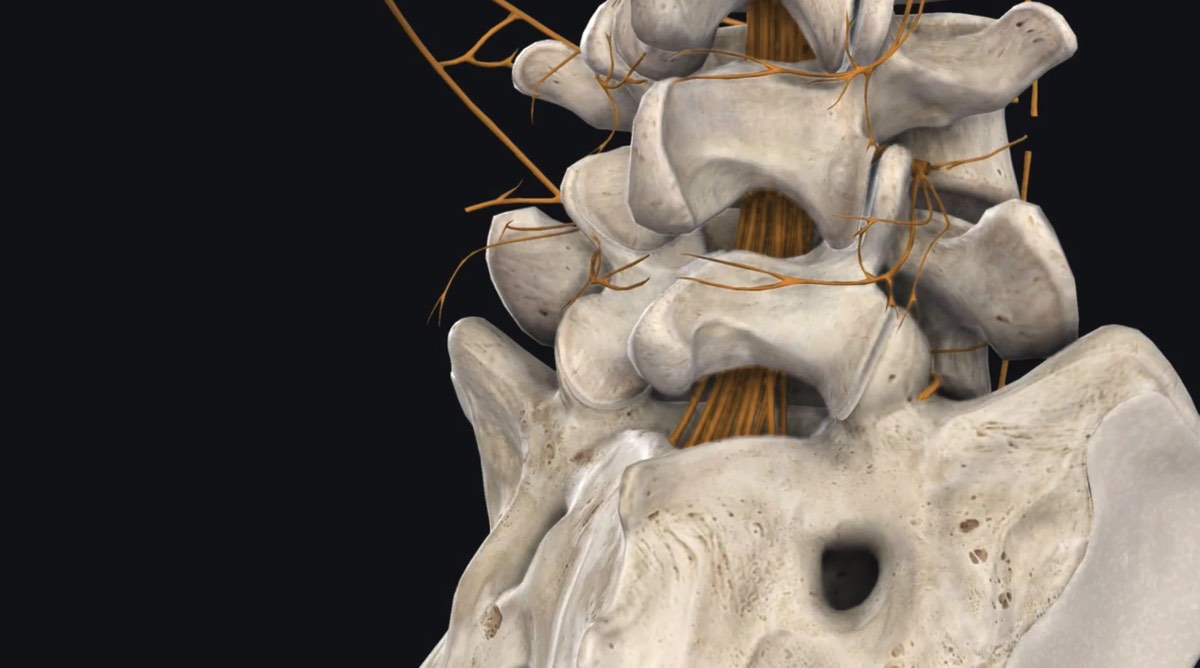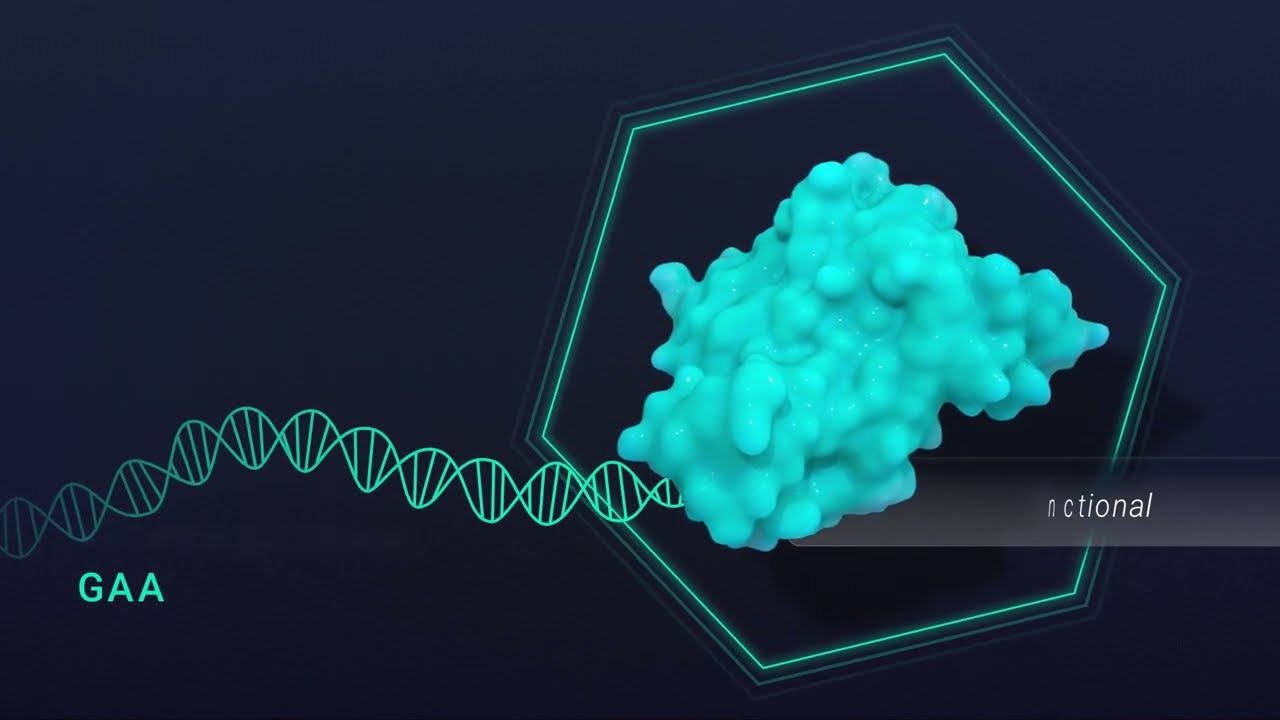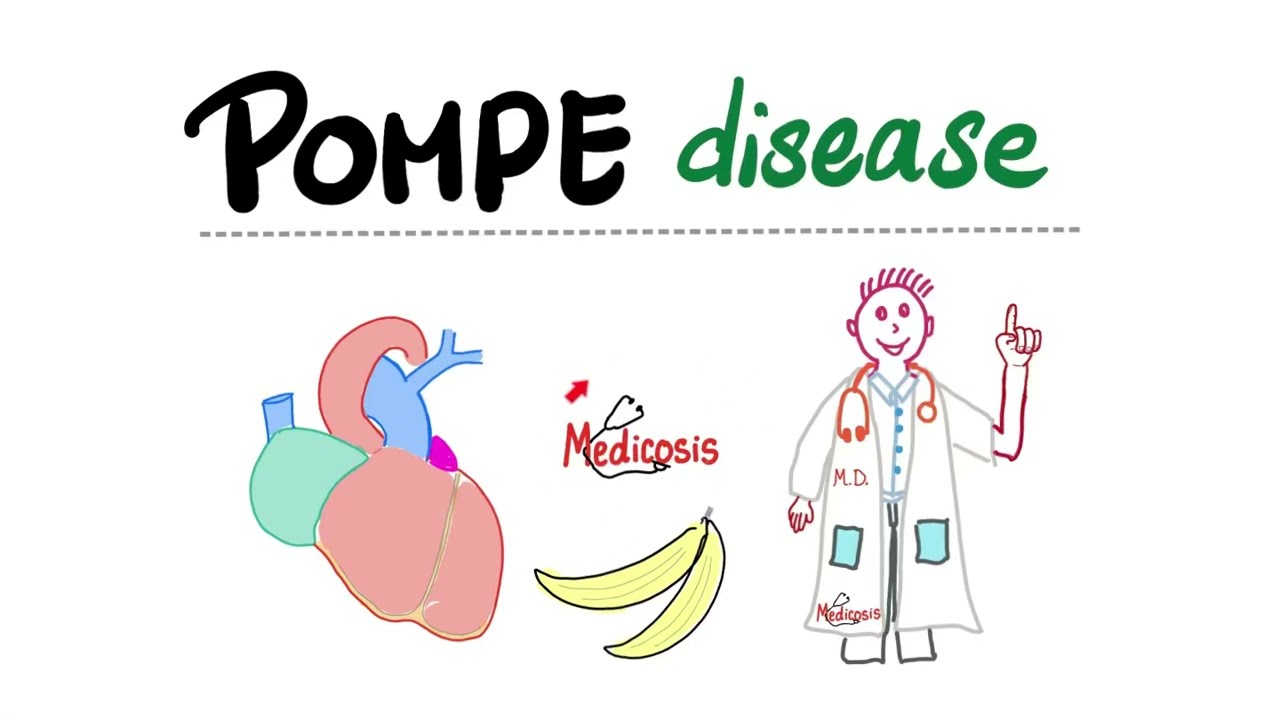Researchers at the University of British Columbia have created a synthetic heart valve that has the potential to reduce costs and improve efficiencies of surgical training programs. The synthetic material, made from a polyvinyl alcohol hydrogel, feels just like living human tissue, making it a viable replacement for cadaver and pig hearts. Unlike real hearts, however, the synthetic heart components do not decompose and are extremely resistant to contamination. Another added benefit of this research is that the material is cheap and safe to manufacture.
Practicing cardiovascular surgeries on an easily renewable, environmentally-friendly material will allow surgeons-in-training to practice more often and open up new opportunities for doctors to plan difficult surgeries. Surgeons at Kelowna General Hospital are currently practicing and experimenting with these synthetic heart valves.
Click here to learn more about this research at UBC Okanagan News.









